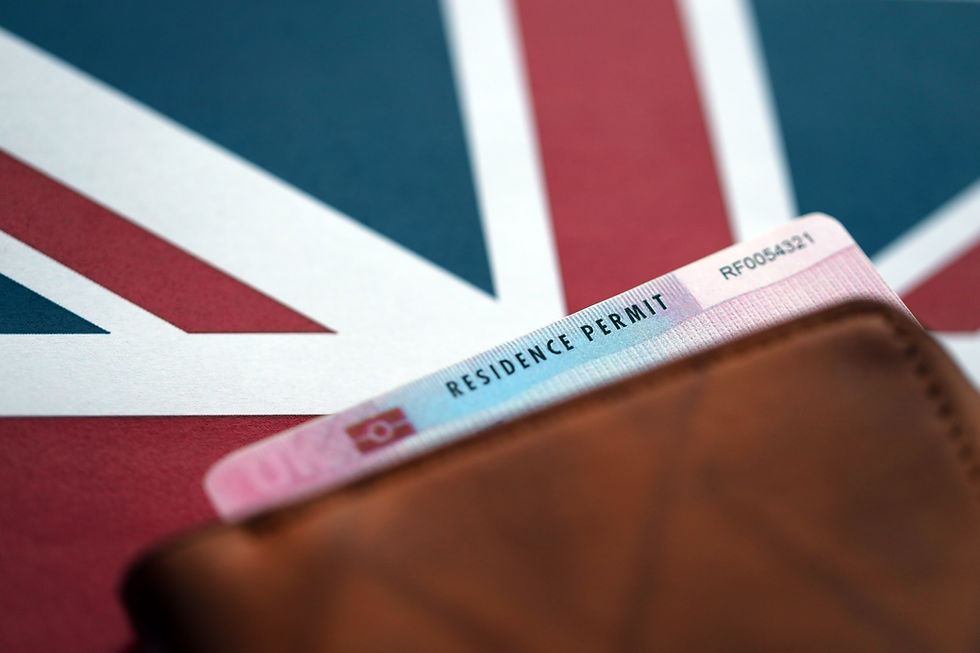HMRC Explains When You Might Avoid VAT Penalties
- actlondon
- Sep 5, 2023
- 1 min read
HM Revenue and Customs (HMRC) has expanded its guidance regarding the recently introduced VAT penalties regime, which came into effect at the beginning of this year.
The updated guidance outlines the situations in which a taxpayer may seek the waiver of late interest charges.
Starting from January 1, 2023, for VAT accounting periods commencing on or after this date, individuals or entities in violation of VAT payment deadlines will incur late payment interest from the first day a payment becomes overdue until the day it is paid in full.
A late payment penalty is imposed if an outstanding amount remains unpaid for more than 15 days, with a reduced penalty for prompt payment.
Interest is applicable to all delayed payments where VAT is owed. This includes scenarios such as following the submission of a VAT return, making amendments or corrections to a return, receiving a VAT assessment from HMRC, or missing a scheduled VAT payment.
According to the new guidance, while taxpayers cannot contest a late payment interest charge, they may file an objection if:
HMRC has caused a mistake or there has been any unreasonable delay;
the taxpayer disputes the relevant date or effective date of payment;
mitigating circumstances apply; or
the taxpayer is questioning the legislation.
HMRC emphasized, "We can only consider an objection against an interest charge if you have fully settled the tax for which the interest has been levied. If you require further clarification, please get in touch with the VAT: general enquiries helpline."
Contacts
If you require assistance in relation to the above and/or would like to discuss anything further, please do not hesitate to contact info@act.london or your usual A.C.T. contact.



Comments